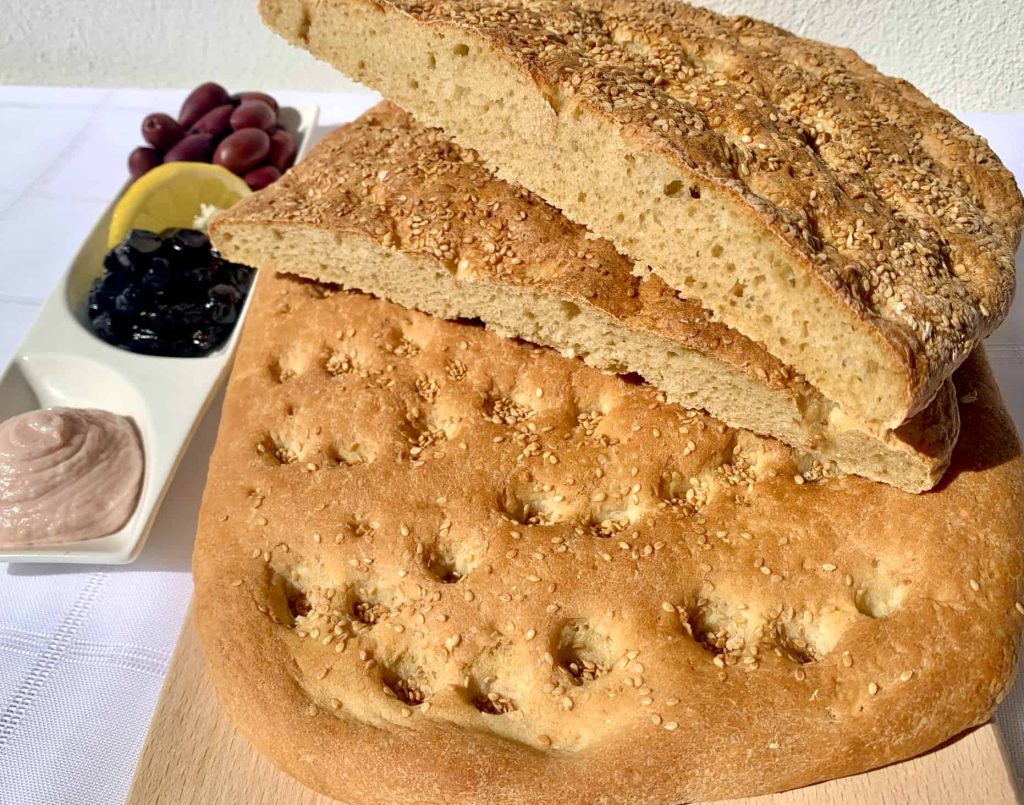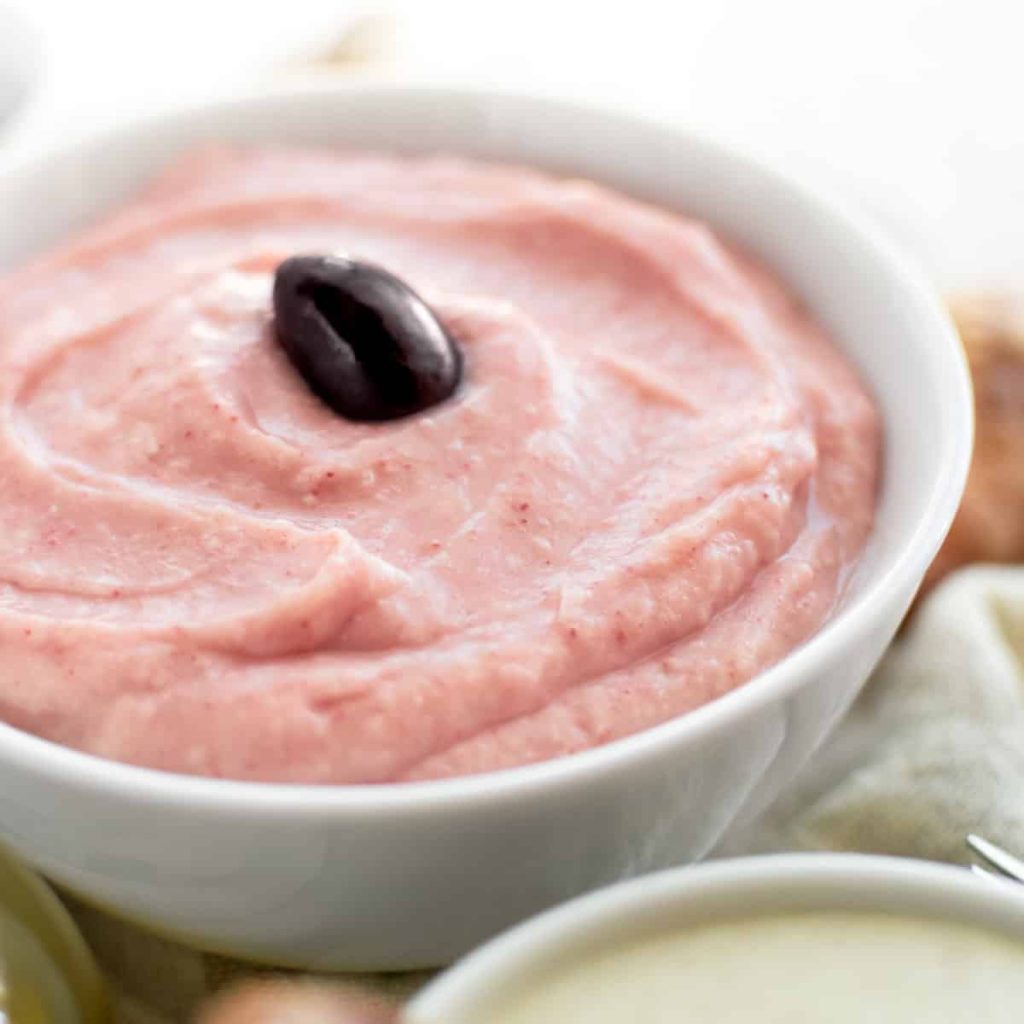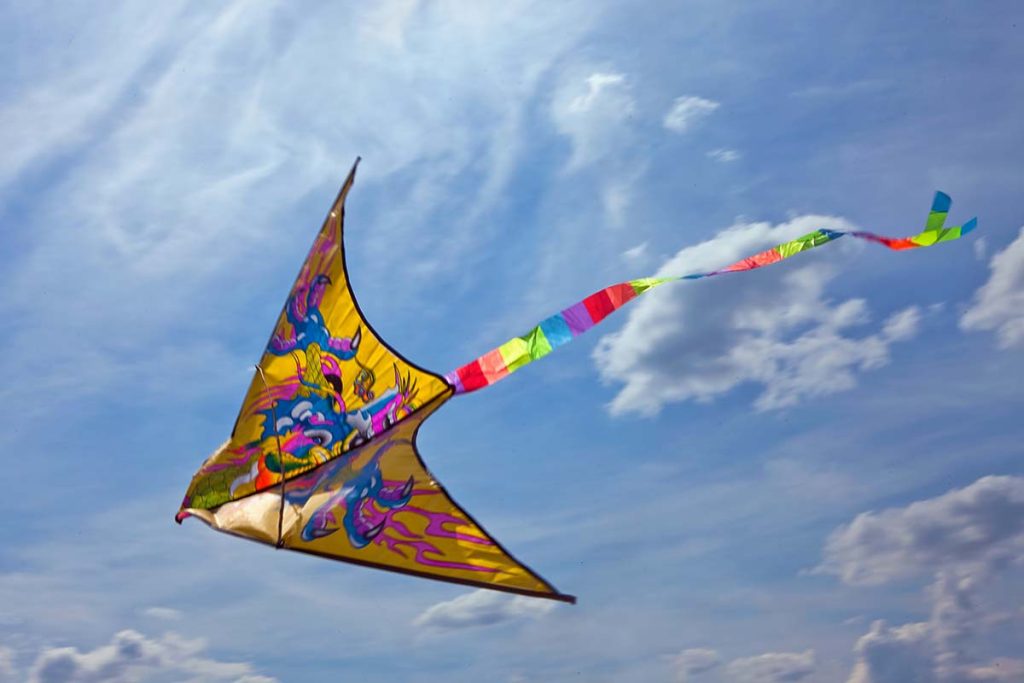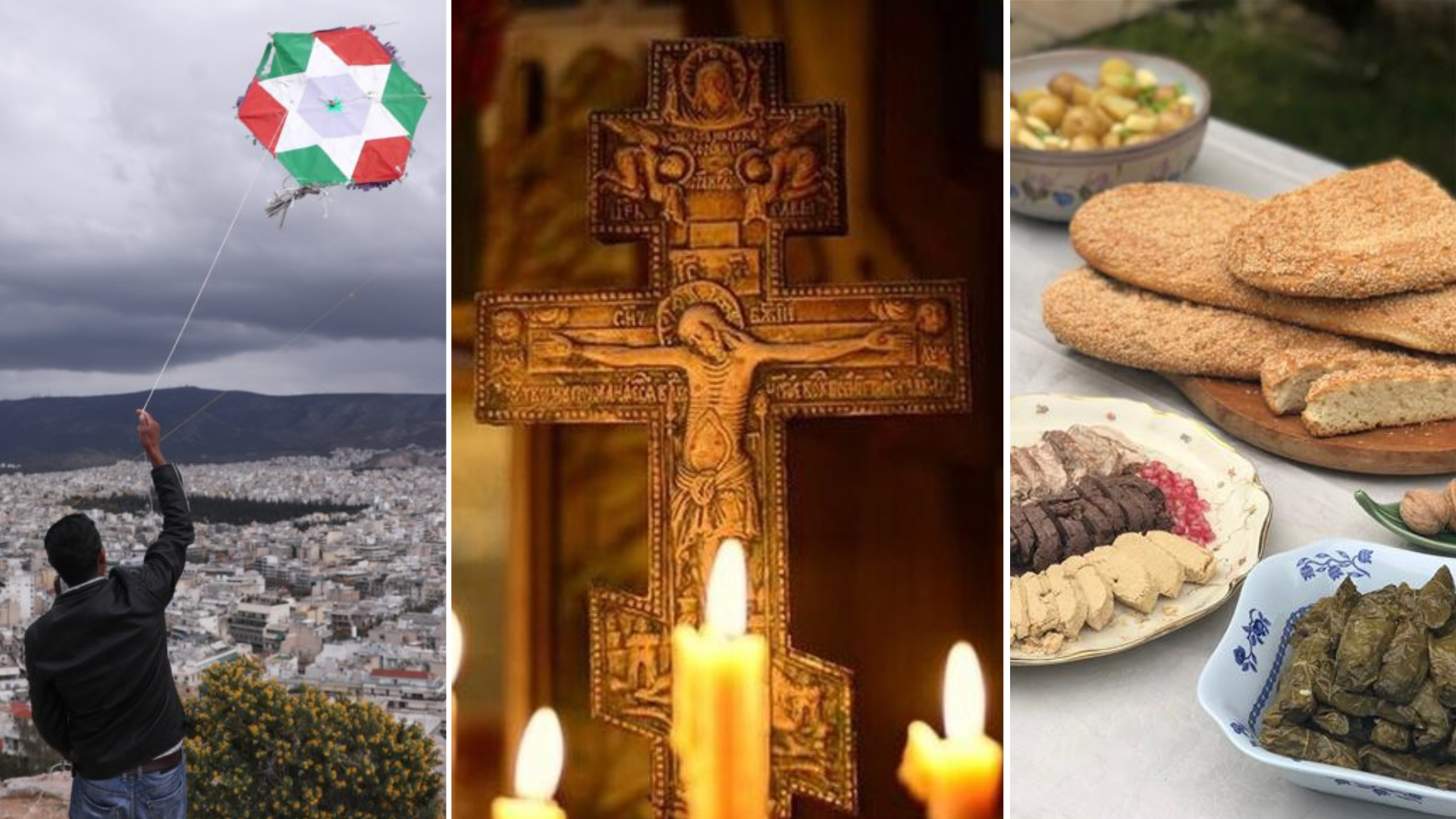Kathari Deftera, also known as ‘Clean Monday,’ is an annual feast that marks the beginning of Lent – the 40-day fasting period known as ‘Sarakosti’ in the Greek Orthodox Church. Every year it falls on the seventh week before Orthodox Easter Sunday.
This significant holiday combines both religious and cultural significance for Greeks around the world.
What is Clean Monday and why do we celebrate it annually?
In the Greek Orthodox calendar, Clean Monday commences on the Sunday night prior to the day where a liturgy takes place at the church and parishioners ask for forgiveness from each other. This is a way for people to cleanse their consciences and renew their love with one another and with God.
This evening also signifies the end of the Apokries or Carnival festivities which take place worldwide (especially in Greece) and urges people to steer away from any sinful behaviours and prepare for fasting for the upcoming weeks.
Traditional foods

A key part of the Clean Monday celebration is eating a traditional feast of Greek foods. Typically, on this day, people will indulge in seafood or vegetarian dishes which reflect the upcoming fasting period.
One of the traditional foods consumed on this day is ‘lagana,’ which is a flatbread baked only on Clean Monday. It is paired with ‘taramosalata’ – a traditional Greek meze made from tarama, which is the salted and cured roe of the cod, carp, or grey mullet, mixed in with olive oil, lemon juice, and in some cases, bread or potatoes.

Dolmades are another classic to add to the list of foods. They are vegetarian stuffed vine leaves filled with rice – in a non-fasting period, these are commonly made with minced meat too.
For those with a sweet tooth, ‘halva’ is a popular sweet many Greeks opt for on Clean Monday and throughout Great Lent as it is vegan and delicious. It is a no-bake semolina cake that consists of a texture between a moist cake and a pudding.
Traditional activities
Clean Monday is not only a day for abstaining from certain foods, but a time for families and friends to come together and take part in outdoor activities. In Greece in particular, families will go on picnics in nature and enjoy the spring weather, feast on food, listen to music and dance in the lead up to Easter. One popular tradition associated with this annual day is flying a kite. This symbolises the human spirit and its journey towards spiritual purification.

The significance of Clean Monday
Clean Monday serves as a reminder of the significance of rejuvenating one’s spirit and engaging in self-reflection. As well as having its religious aspects, this holiday is an opportunity for Greeks to reconnect with their cultural heritage, foster a sense of community and pass down traditions through multiple generations.
Together with fasting, kite flying and enjoying family meals together, this special day in the Orthodox faith combines the timeless values of purity, forgiveness, and communal joy. It not only marks the beginning of Lent but welcomes the arrival of spring and the start of new beginnings.
